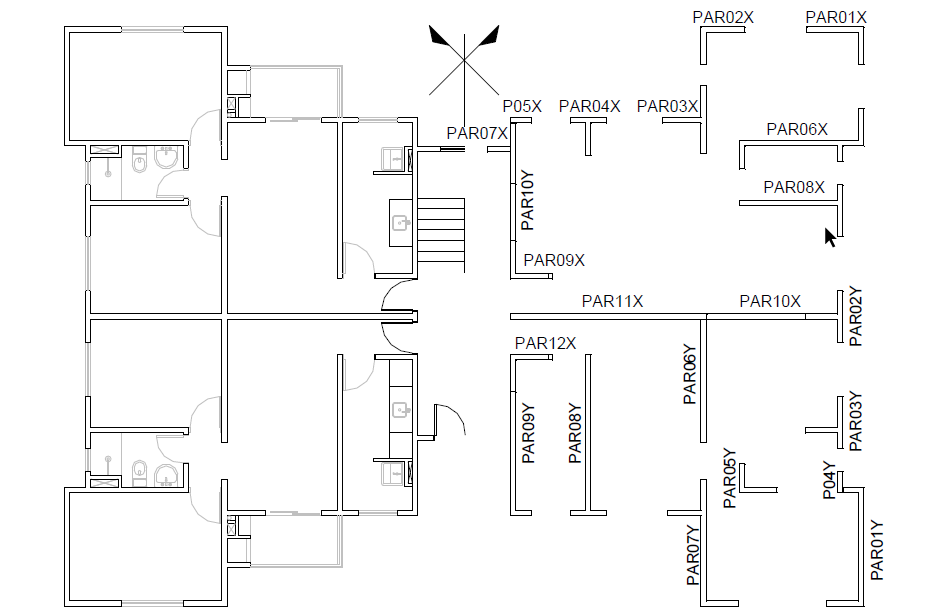1 Dr., Brazilian Federal Police, regis.rs@dpf.gov.br
2 Dr., Federal University of Santa Catarina, Civil Engineering Department, humberto@ecv.ufsc.br
ABSTRACT
Since 1970 nearly six thousands four-storey buildings were constructed in Recife, a northeast Brazilian city, on very poor quality horizontal hollow blocks load-bearing masonry. Neither Brazilian nor international standards were followed to design and build the buildings and, as a result, eleven collapses have happened during the last decades, leaving twelve fatal victims. In 2005 a simplified full-probabilistic tool was developed to estimate the reliability of those buildings, considering the dead, live and wind loads of every wall compared with its strength. The masonry compressive strength was considered taking both normal and log-normal distributions leading to numerically different results, some of them absolutely unacceptable. In this paper the differences between normal and log-normal distributions of masonry strength are exposed and the current use of the normal distribution is criticized due its physical incongruences. Moreover, the necessity of further studies on masonry strength properties is demonstrated, aiming to provide better confidence in the full-probabilistic approach to be used to save lives in Recife and around the world.
KEYWORDS: structural masonry, reliability, failure, collapse
207.pdf



